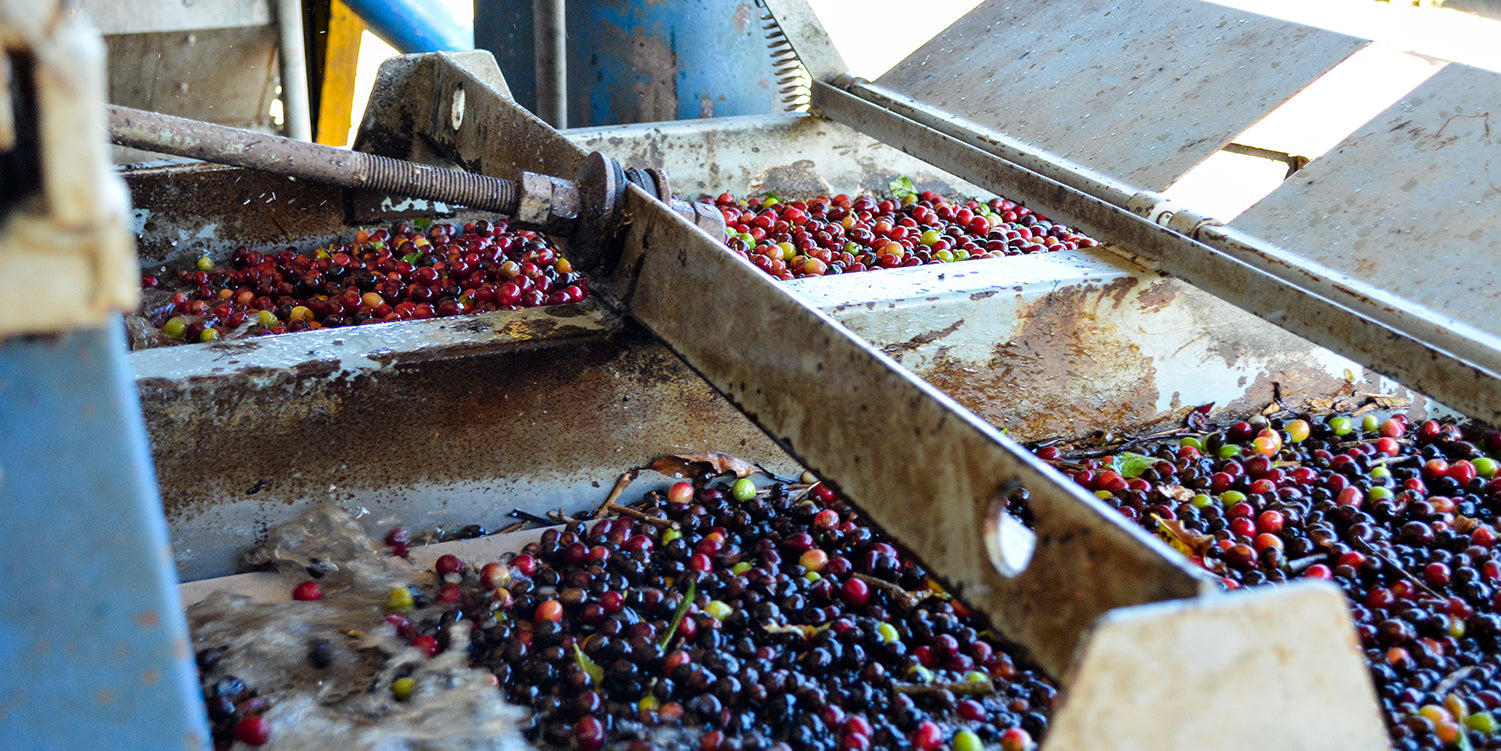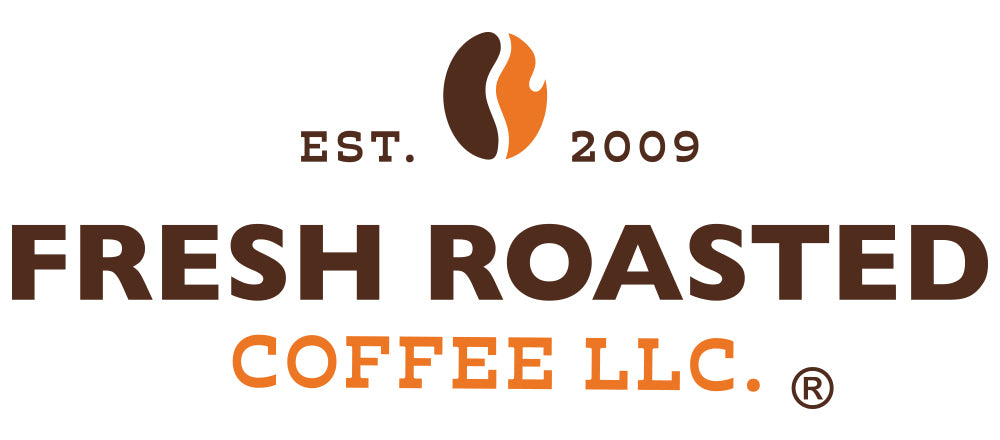Coffee in the News – July 2021

Coffee is one of the most traded commodities in the world, putting it up on a high pedestal. People, businesses, importers/exporters, and even entire countries rely on coffee to help them make ends meet. Unfortunately, coffee's pedestal can become quite precarious at times, as it is becoming in 2021.
According to the NASDAQ, coffee is currently trading at its highest price since December 2014, which translates to higher prices across the board. This, however, isn't the only issue affecting the price of coffee. Brazil is suffering from a devastating frost that hit in early July, made only worse by the concurrent, record-setting drought that will hopefully end with November's rainy season. If 2019's forecast is any indication of this year's rainfall, Brazil may be left high and dry. Vice details Colombia and Honduras are also feeling the tragic effects of climate change. Though reported in 2019, it's important to remember coffee trees take about 3 - 4 years to mature after they are planted, so those countries are likely still feeling the strain.
Tragedy, however, is not exclusive to Central and South America. In South Africa, there's been widespread violence following the jailing of former president Jacob Zuma. This destruction has bled into the coffee sector, threatening the lives of our producer partners in Ethiopia and the Democratic Republic of the Congo. Producing itself has become more challenging, with the COVID-19 pandemic and impending climatic shift putting impoverished coffee farmers in a financial bind.
In India, monsoon season (what initially created Indian Monsoon Malabar) is growing even more damaging than in years past, threatening to erode the soil and drown coffee plants. Indonesia is also feeling the heat, harvesting a “light crop,” according to Fortune. On the Robusta side, Sumatra is reportedly exporting 56.5% less coffee than they did in 2020.
Coffee is still a commodity, though, and demand remains high, further driving the price of coffee. We remain committed to Doing Coffee a World of Good™ both at home and around the world by keeping our prices reasonable and sourcing Fair Trade and direct trade coffees. Coffee that bears either of these two seals contributes more directly to the economic and ecological well-being of the farmers who produced them.
If you would like to support coffee farmers and the coffee industry during this difficult time, shop Fair Trade and direct trade wherever and whenever possible.

Leave a comment